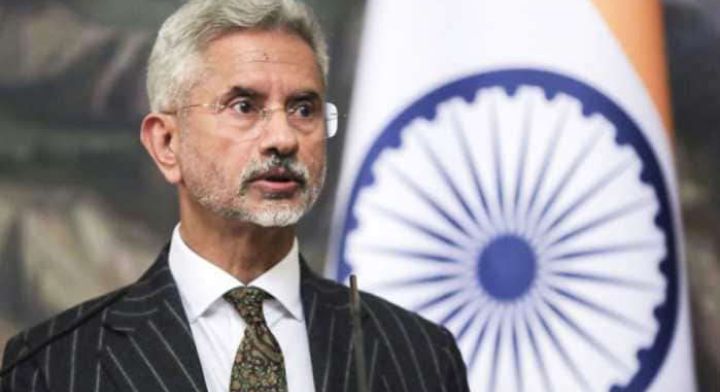
New York
Jaishankar expressed worry about the “steady increase in Chinese naval presence” in the Indian Ocean and urged “to prepare for a far greater presence of Beijing than seen ever before.” Speaking in New York at the “Discussion at Council on Foreign Relations,” Jaishankar noted that although Chinese naval activities and presence in the Indian Ocean have increased steadily over the past 20 to 25 years, their magnitude has increased dramatically. When your navy is significantly larger, it will be noticeable since it will be deployed somewhere.
The EAM further stated that New Delhi does “very carefully” monitor these developments for any potential security repercussions. “In our instance, we’ve observed Chinese port activity and structures. You mentioned Gwadar; there’s also a port in Sri Lanka called Hambantota. There are some more. Looking back, I’d suggest that in many instances, the governments and policymakers at the time may have undervalued this issue’s significance and the potential of these ports. Each one is distinctive in its own way, according to Jaishankar.
He added, “We obviously do watch many of them very carefully for any security implications…From an Indian point of view, it’s very reasonable for us to prepare for a far greater Chinese presence than we have seen before.”
Over the past three decades, China has significantly increased its engagements in the Indian Ocean region, raising concerns among American and Indian strategists that its expanding naval presence, combined with its use of so-called “debt-trap diplomacy,” could give it meaningful military advantages far from its shores.
Although China’s ultimate objectives in the Indian Ocean are still unclear, it is evident that the Chinese leadership is actively working to develop the capabilities necessary to enable it to carry out a variety of military operations in the area.
Jaishankar added that one of the few nations today with the capacity to cross the stark North-South and East-West divides is India.
“One of the paradoxes, and the G20 made that very clear. You now have a much more pronounced East-West split, which is not solely or even primarily caused by the situation in Ukraine. You have a significant North-South gap in part due of Covid, but also for other reasons. And we are one of the few nations, in my opinion, that can genuinely resolve both of these problems, he added.
